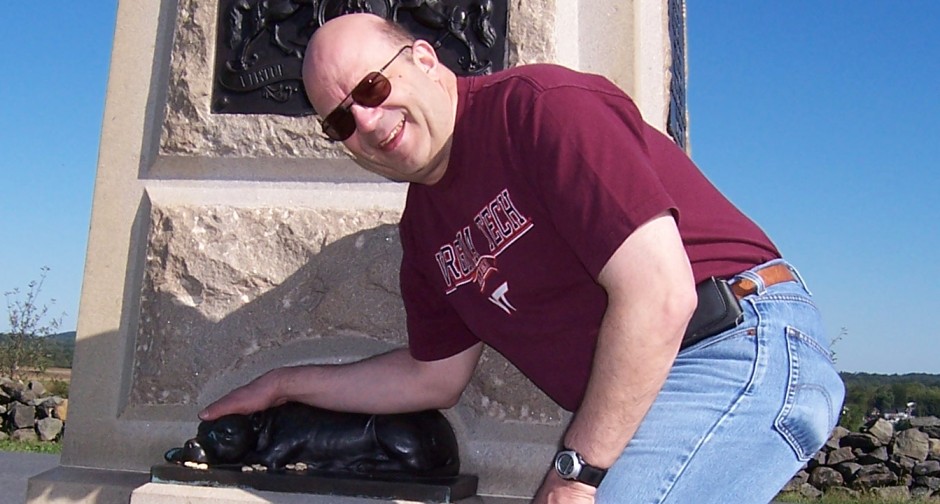
Author Erik Larson appeared on NPR’s program, “Fresh Air” with interviewer Dave Davies. The impression I got from the interview, which you can hear and view the transcript for here, is that Mr. Larson is unaware of many of the complexities and nuances of the period about which he’s writing. There are a few areas of the interview where it seems to me he has misread the facts. There are also a few questionable claims. For example, he says South Carolina in 1860 was “a state in decline” and that it was “perpetually in rebellion.” He claims secessionists feared “that Abraham Lincoln had plans to immediately abolish slavery.” He claims “the North” was “hammering away at the South” over slavery, apparently not realizing there was a divide in the free states between Democrats and antislavery Republicans. He says, “There are four candidates running for president, Lincoln being one of them. And interestingly, in 10 Southern states, they wouldn’t even put him on the ballot. They were so afraid and so angry about him being potential – being the nominee for – the Republican nominee for president. So you’ve got four candidates on the ballot, which pretty much assured that Abraham Lincoln would be the victor in this race.” He doesn’t appear to understand how elections were conducted in 1860. Political parties provided the ballots with their candidates’ names on them. A voter acquired a ballot from a party and cast that ballot as their vote. There was not a centralized ballot in each state. The fact that there was no Republican Party in most of the slave states is what accounted for Lincoln receiving no votes from those states.
Larson claims Major Robert Anderson had taken an oath of loyalty to the US Army. That’s not true. His oath was to the United States. He says Fort Sumter sat on a manmade atoll. It was a plain island not an atoll. According to dictionary.com, an atoll is “a ring-shaped reef, island, or chain of islands formed of coral.” He claims Anderson imported laborers after moving his men to Fort Sumter in order to complete the fort. He follows the lost cause claim that Lincoln knew sending a relief force to Fort Sumter would begin a war and that Lincoln outmaneuvered the confederates by arranging for them to fire first, and then he said, “What it ultimately gained, who knows?” In talking about Lincoln’s proclamation calling for 75,000 militia, he says, “And that’s the thing that finally sends the South – finally. I mean it sends the rest of the Southern states into the arms of the Confederacy.” No, it doesn’t. Four of the remaining southern states secede and join the confederacy, leaving four southern states still loyal to the Union. He claims in the Nullification Crisis South Carolina consisted of “the so-called nullification movement to nullify the active federal laws within the state of South Carolina.” He apparently doesn’t understand it was to nullify only one law, the so-called “Tariff of Abominations.” Finally, he claims James Buchanan gave “a speech to Congress,” apparently unaware that at that time the President didn’t personally give his annual address that we today call the State of the Union. It was a written message that was read aloud by a clerk, not a speech by the president.
This interview doesn’t give me confidence that his book will be useful, but I will give it the benefit of the doubt when I acquire and read it.

I know that this is a minor point, but it really bugged me, because it demonstrated a certain carelessness in content. A “manmade atoll” would be an oxymoron. It’s either a manmade structure or a naturally occurring atoll (which is usually ring-shaped with an inner lagoon). “Atoll” is such a specific designation, regarding island formation, that it immediately put me off that the term was so incorrectly applied.
It is satisfying to me that even though the over-arching analysis concerned Civil War content discrepancies, you found the incorrect use of “atoll” relevant enough to mention 👍🏽
Thanks, so much for your comment, Shoshana!
As soon as he said it something clicked in my brain and I even said, “Ooh” as I was listening.